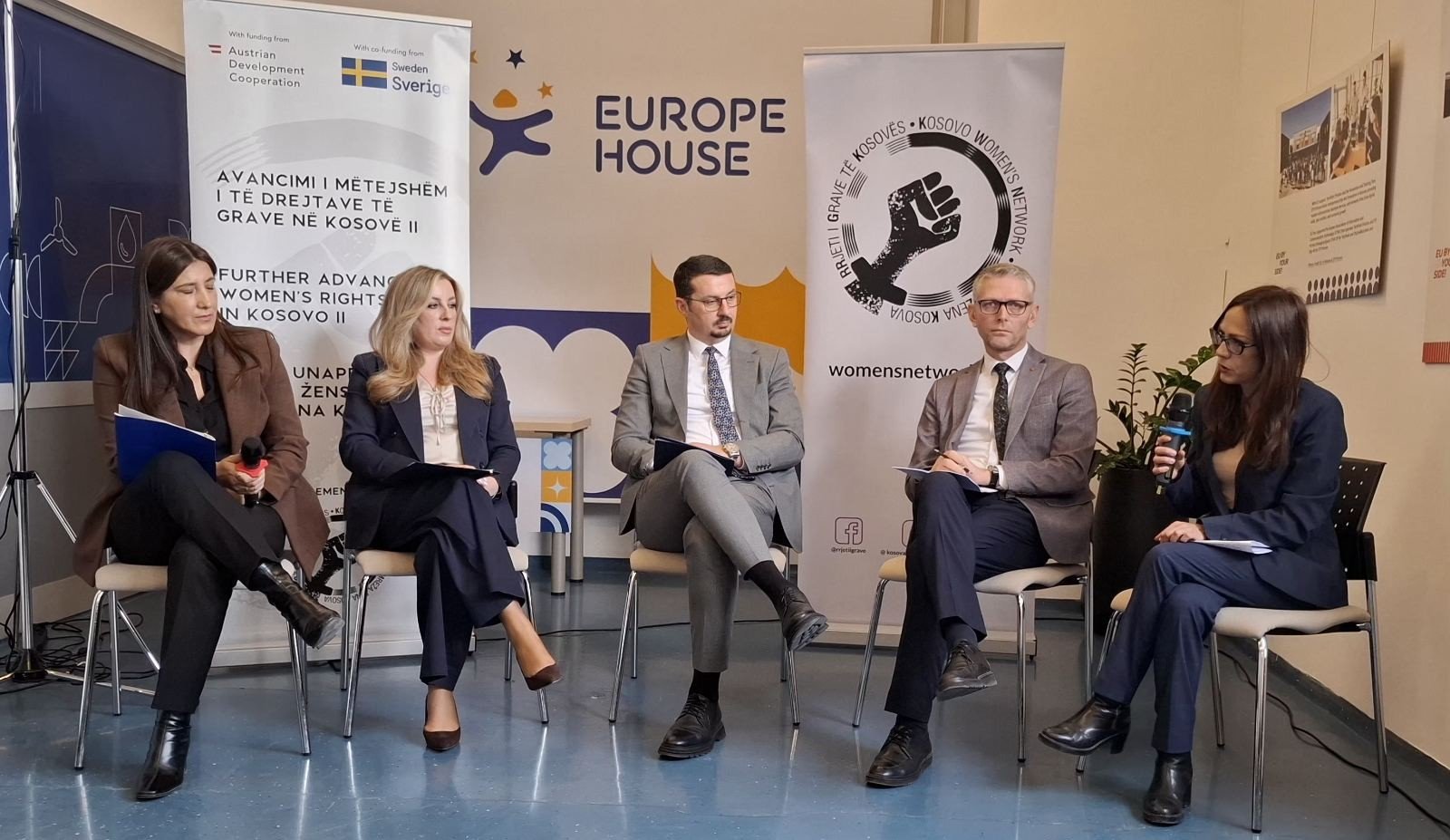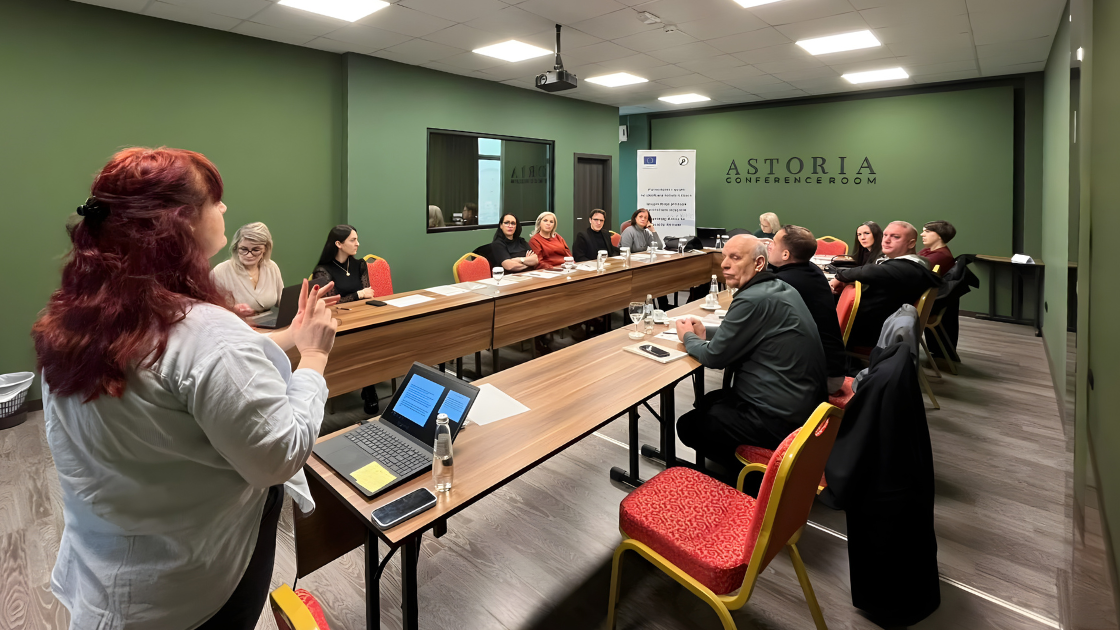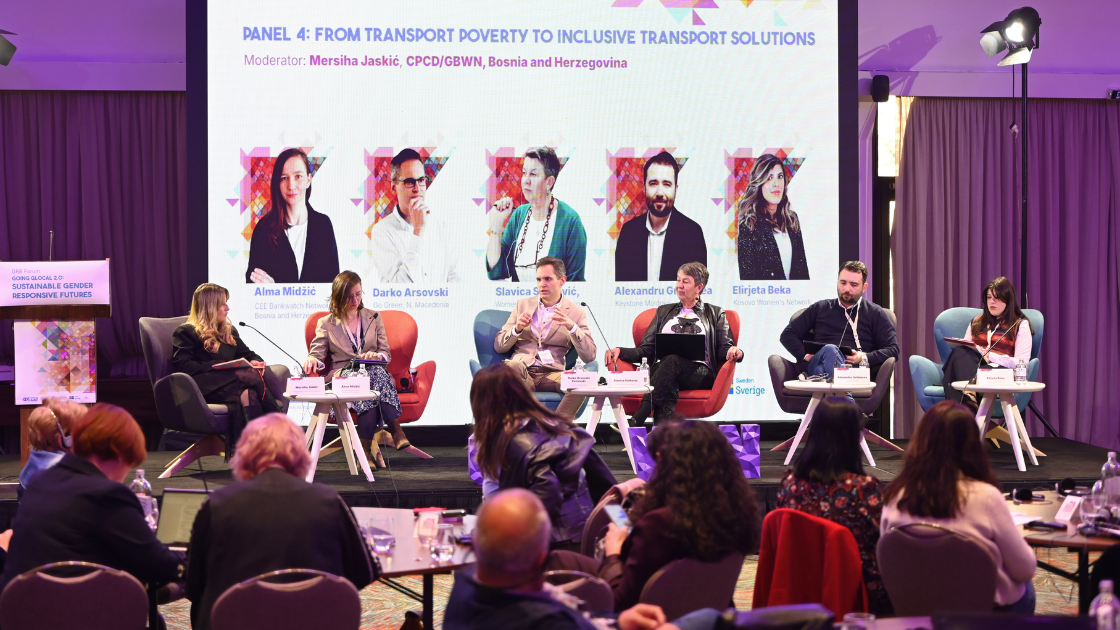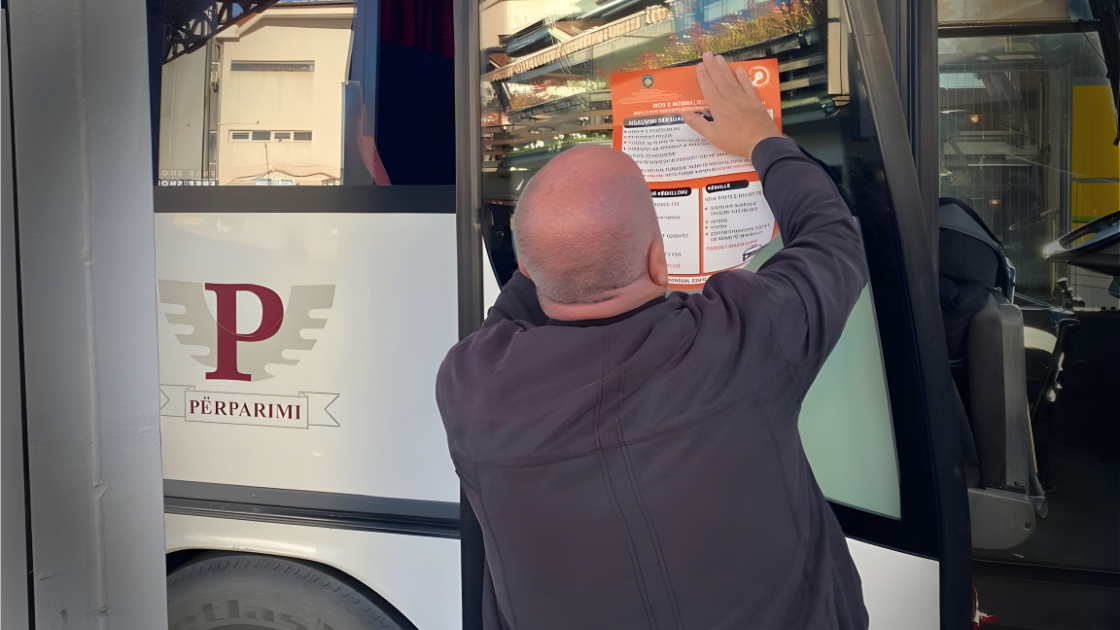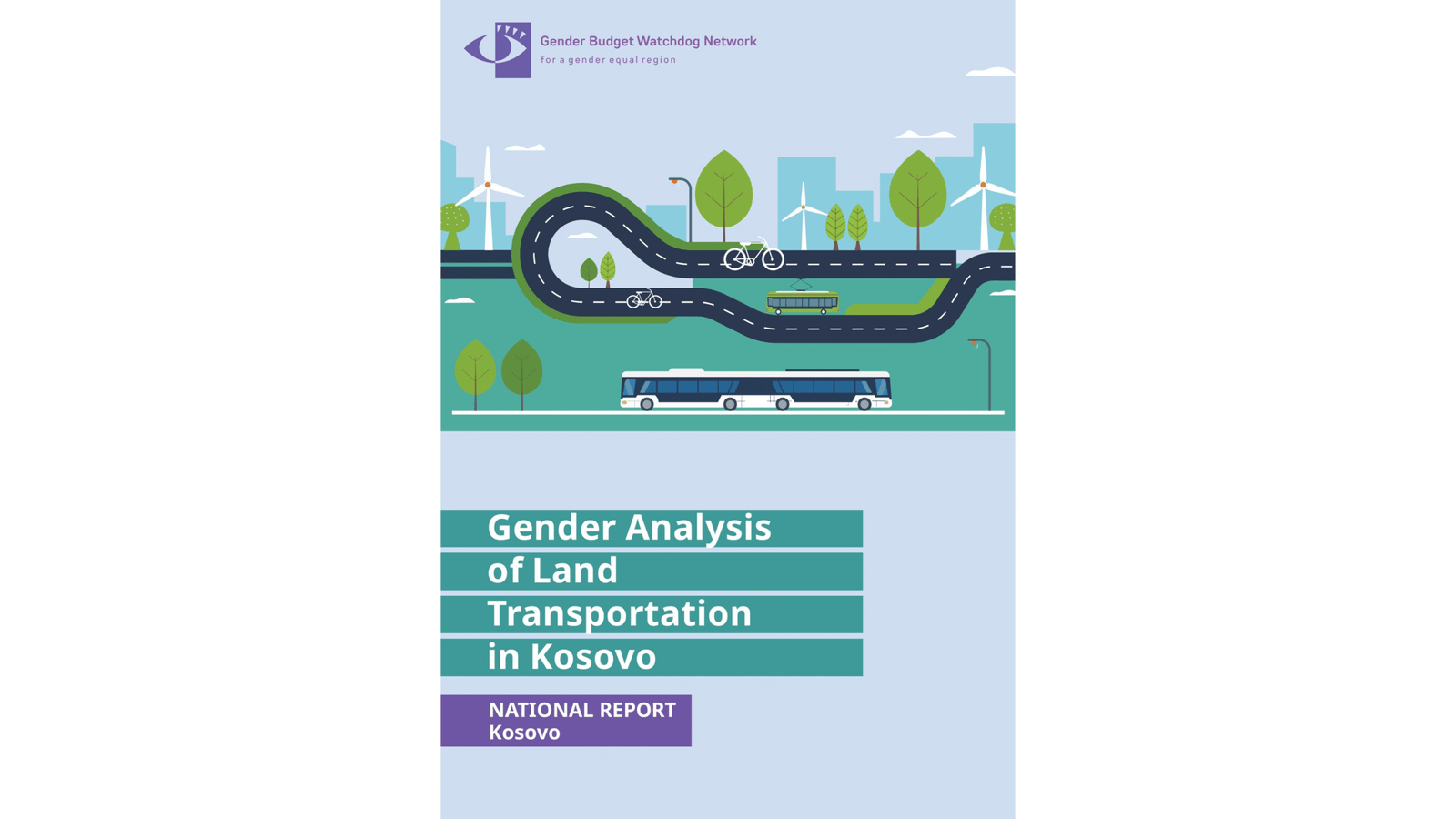Kosovo Women’s Network (KWN) through Kosovo Women’s Fund (KWF) announced the 19th round of grants, totaling 90,000 Euros, made possible through the generous contributions of donors such as the Austrian Development Agency (ADA) and the Swedish Agency for Development and International Cooperation (Sida).
Igballe Rogova, the executive director of KWN, has informed the KWN members that, in this round, nine grants worth 10,000 euros each will be allocated, thanks to the trust and unwavering support of donors ADA and Sida.
Rogova, during an informative meeting held with KWN members via the Zoom platform, emphasized:
“While we have together formulated the four-year strategy of KWN, we continue to implement this strategy through grants together.”
She also commended KWN members for the successful implementation of the 18th-round projects and expressed hope for continued success in the 19th round.
In the meantime, Donjeta Berisha, the manager of KWF, provided comprehensive information about the projects supported in this round and detailed instructions on how to apply.
KWN member organizations can submit applications that will contribute to furthering women’s rights and gender equality. Applications should demonstrate how organizations propose to contribute to implementing the strategic goals identified by KWN members in the KWN Strategy for 2023-2026, towards supporting, protecting, and promoting the rights and interests of women and girls; involve a rights-based approach; and support sustainable changes. KWN strongly encourages initiatives that involve advocacy on local and/or national levels.
KWN members are eligible to apply until September 20th, with further application details available here.


